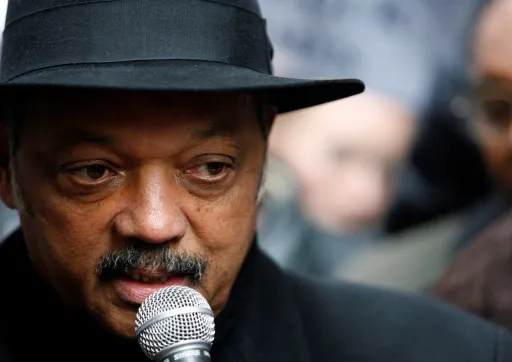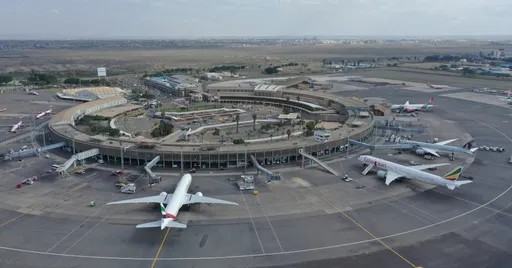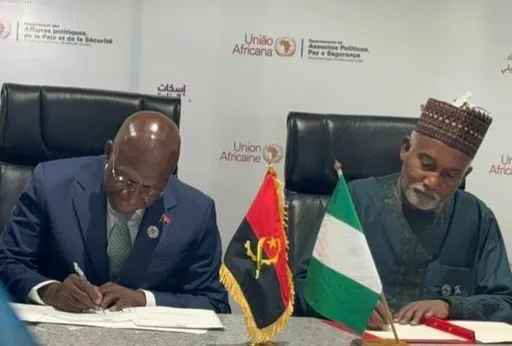An attention-grabbing drama is unfolding. A group of Africans has established a ‘’kingdom’’ in Scotland, Europe, calling it their ancestral land.
They set up a camp deep inside a forest in the quiet woods of the Scottish Borders. They call it the Kingdom of Kubala.
And while it sounds like fiction, this story is very real, complete with a king, a queen, and a handmaiden.
At the centre the African kingdom in Scotland is Kofi Offeh, a 36-year-old Ghanaian former opera singer who calls himself King Atehene.
His wife, Jean Gasho, 43, a Zimbabwean writer, styles herself Queen Nandi.
With them is Kaura Taylor, a 21-year-old African-American from Texas, known as Asnat, their “handmaiden.”
The group claims their roots connect Africa and Scotland. They say they are descendants of Black Jacobites, or Black Highlanders, who, according to their story, lived in Scotland more than 400 years ago before being forced out by UK’s Queen Elizabeth I to Africa and the Americas.
Now, the mission of the three people is to return home, reclaim their ‘’ancestral land’’ and invite more Africans who share their ideals.
This has sparked an intriguing drama. Since May 2025, the trio had been living off-grid near the town of Jedburgh.
They slept in tents, bathed in springs, and said they followed only the laws of their God, whom they call Yahowah. They reject government authority.
“Several people are coming. Several women are coming from Haiti, from Suriname, from Trinidad and Tobago. Children are coming to bow,” the self-styled king told Sky News in an interview.
When Scottish courts issued eviction orders, the group simply moved onto council-owned land and continued their stay.
However, on October 7, police cleared the site and detained King Atehene on charges of breaking immigration laws.
Today, the Kingdom of Kubala has faded from the forest, yet its story continues to circulate on social media sparking deabtes.
Still, their brief presence in the Scottish Borders leaves behind questions that echo far beyond the woods.
Who decides where home is, and what it means to belong? Is it an attempt at reverse colonialism by people of African descent, whose parents and grandparents suffered at the hands of brutal Western colonialists?























